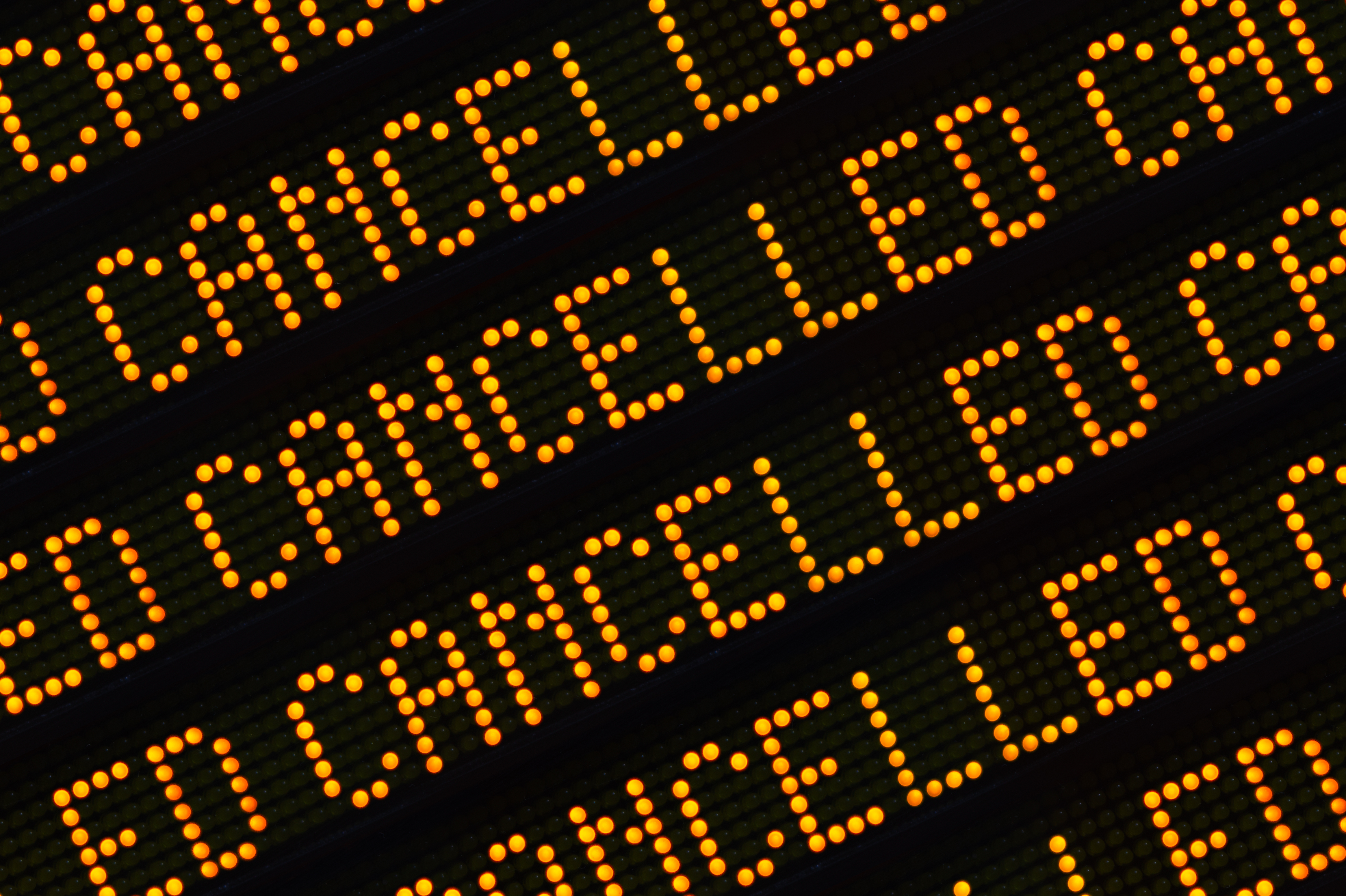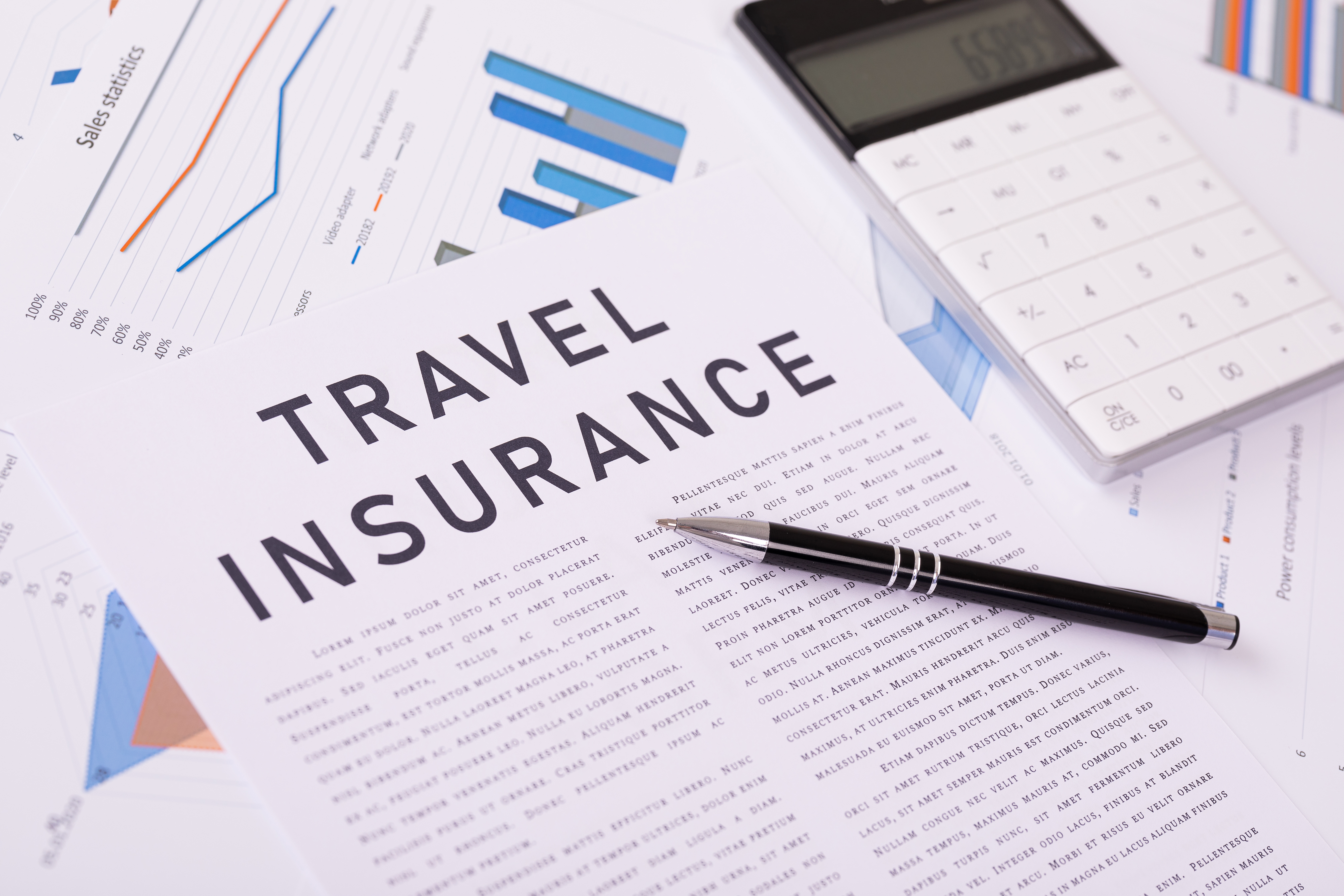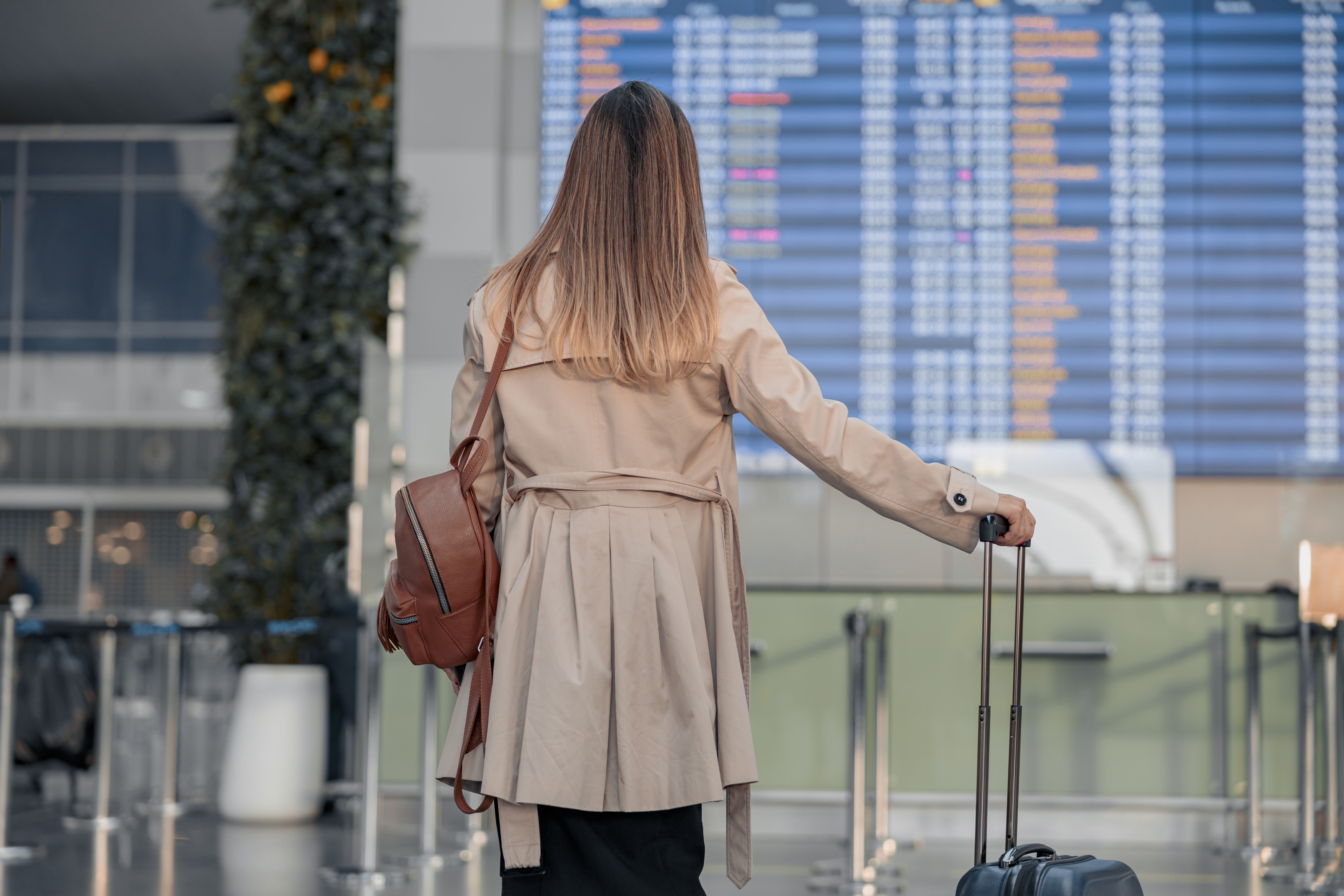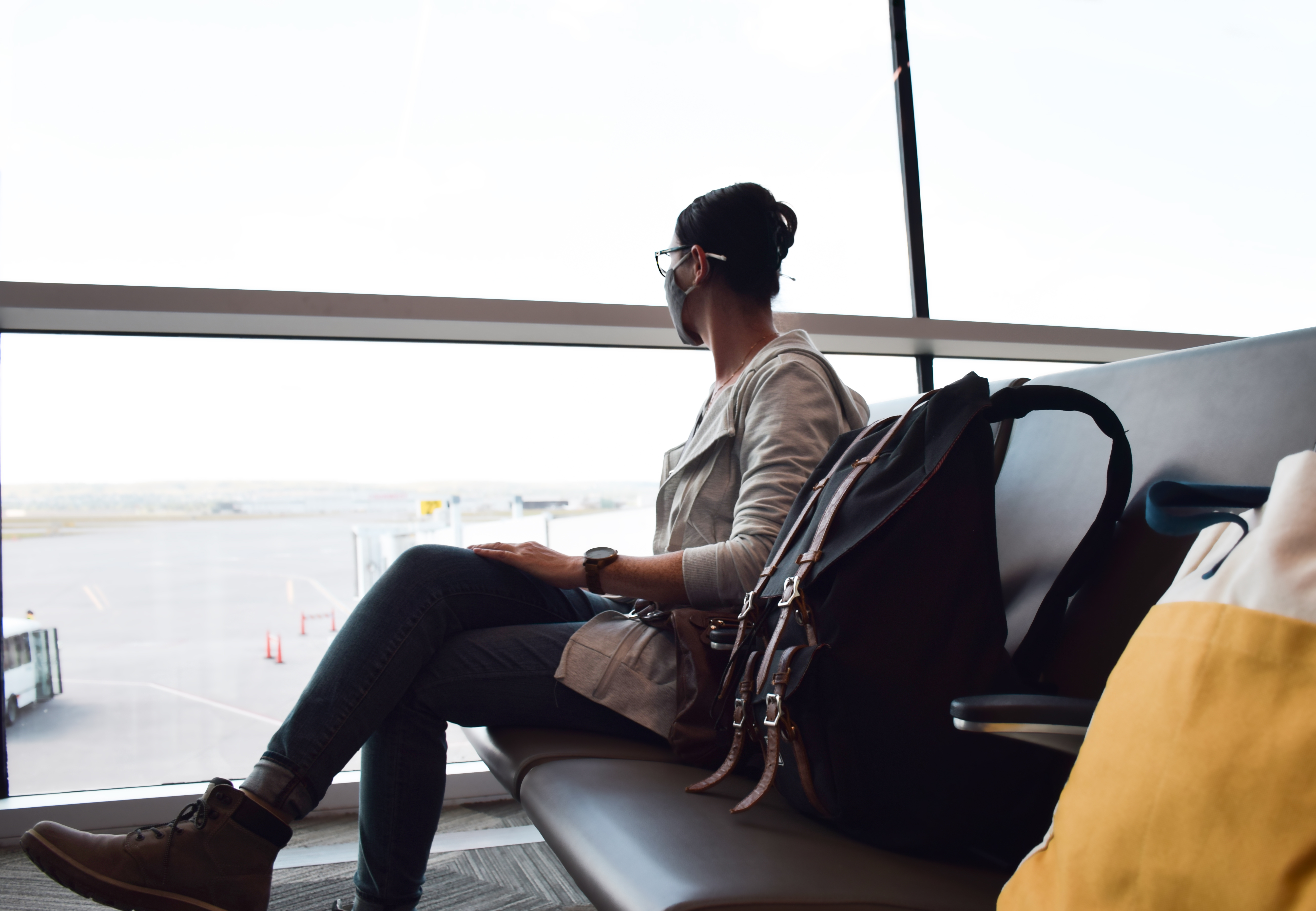15 Money-Saving Moves When Your Flight Gets Canceled Unexpectedly
In today’s fast-paced world, air travel has become an indispensable part of life for both leisure and business. However, the unpredictability of flight cancellations can transform a well-planned journey into a chaotic ordeal. From sudden weather changes to unforeseen mechanical issues, cancellations can occur without warning, leaving travelers stranded and financially burdened. This article delves into the chaos of unexpected flight cancellations and presents 15 savvy money-saving moves designed to keep your wallet happy. By understanding and implementing these strategies, travelers can mitigate the financial impact and navigate the turbulence with confidence and ease.
1. Understanding Flight Cancellation Rights

Before diving into money-saving strategies, it’s crucial to understand your rights as a passenger. Airlines in many countries are bound by specific regulations that protect consumers. For instance, the European Union’s Regulation 261/2004 mandates compensation for cancellations unless due to extraordinary circumstances. Similarly, the U.S. Department of Transportation requires airlines to offer refunds for canceled flights. Familiarizing yourself with these regulations ensures you know when you're entitled to compensation or refunds, allowing you to advocate for your rights effectively when cancellations occur.
2. The Importance of Travel Insurance

Travel insurance is often overlooked but can be a lifesaver in the event of flight cancellations. A comprehensive travel insurance policy typically covers trip cancellations, interruptions, and delays, reimbursing you for non-refundable expenses. When choosing a policy, it's essential to read the fine print to understand what is and isn’t covered. Some policies also offer additional benefits such as accommodation and meal reimbursements during extended delays. Investing in travel insurance not only provides financial protection but also peace of mind, knowing you're covered against unforeseen disruptions.
3. Leveraging Credit Card Perks

Many premium credit cards offer travel-related perks that can be invaluable during flight cancellations. These may include trip cancellation insurance, travel delay coverage, and access to airport lounges. Some cards even provide concierge services that can assist in rebooking flights or finding accommodations. When booking your travel, using a credit card with these benefits can offer financial relief and convenience during unexpected disruptions. It’s important to familiarize yourself with the specific benefits your card offers and how to claim them, ensuring you can take full advantage of these perks when needed.
4. Flexible Booking Options

Booking flexible tickets may cost more upfront but can save you money in the long run if cancellations occur. Flexible tickets allow you to change or cancel your flight with little or no fee, providing significant savings compared to non-refundable tickets. Many airlines offer different tiers of flexibility, so it’s worth comparing options when booking. Additionally, some airlines have introduced more lenient policies in response to the COVID-19 pandemic, allowing for greater flexibility without extra costs. By opting for flexible booking options, you can adapt to changes without incurring hefty fees.
5. Utilizing Airline Loyalty Programs

Airline loyalty programs can offer more than just frequent flyer miles. Members often receive priority rebooking during disruptions, access to dedicated customer service lines, and sometimes even complimentary upgrades. Enrolling in these programs is usually free and can provide significant advantages during cancellations. Accumulating miles and status can also lead to additional perks, such as free checked bags and priority boarding, which can ease the stress of rebooking. By leveraging these programs, you can enhance your travel experience and reduce the financial impact of cancellations.
6. The Role of Communication

Effective communication is key when dealing with flight cancellations. Keeping a calm and polite demeanor while communicating with airline staff can often yield better results. It’s beneficial to have all relevant information at hand, such as your booking reference and flight details, to expedite the process. Additionally, using social media platforms like Twitter can sometimes lead to quicker responses from airlines. By maintaining clear and respectful communication, you increase your chances of receiving timely assistance and potentially securing compensation or alternative arrangements.
7. Exploring Alternative Routes

When faced with a canceled flight, exploring alternative routes can be a cost-effective solution. This might involve flying to a nearby airport or taking a different mode of transportation, such as a train or bus, to reach your destination. Flexibility and quick decision-making are crucial in these situations. Online tools and apps can assist in finding alternative routes and comparing costs. By thinking creatively and remaining open to different travel options, you can minimize delays and additional expenses, ensuring you reach your destination with minimal hassle.
8. Negotiating with Airlines

Negotiation can be a powerful tool in the event of flight cancellations. While airlines have standard policies, there is often room for negotiation, especially if you’re a loyal customer or have experienced significant inconvenience. It’s important to clearly articulate your situation and what you’re seeking, whether it’s a refund, alternative flight, or additional compensation. Being informed about your rights and the airline’s policies can strengthen your position. By approaching negotiations with confidence and clarity, you may secure a more favorable outcome and reduce financial losses.
9. Utilizing Technology and Apps

Technology can be a traveler’s best friend during flight cancellations. Numerous apps and websites offer real-time flight updates, alternative travel options, and even compensation claim assistance. Some apps also provide airport lounge access or discounted hotel rates for stranded travelers. By leveraging these technological tools, you can stay informed and make quick decisions, reducing stress and potential costs. Familiarizing yourself with these resources before your trip ensures you’re equipped to handle disruptions efficiently and effectively.
10. Staying Informed with Real-Time Updates

Staying informed is crucial when navigating flight cancellations. Signing up for real-time alerts from airlines and airports keeps you updated on the status of your flight. Many airlines offer mobile apps that provide instant notifications about delays, cancellations, and gate changes. Additionally, following airlines on social media can provide timely information and customer service assistance. By staying informed, you can react quickly to changes, explore alternative options, and reduce the financial impact of disruptions.
11.The Power of Networking

Networking with fellow travelers can be a valuable strategy during flight cancellations. Sharing information and resources can lead to discovering alternative routes, accommodation options, or even sharing transportation costs. Online forums and travel communities can also provide support and advice from experienced travelers who have navigated similar situations. By building a network of fellow travelers, you can gain insights and assistance, making the process of dealing with cancellations more manageable and cost-effective.
12. Managing Accommodations

Unexpected flight cancellations often necessitate last-minute accommodation arrangements. To save money, consider booking through platforms that offer flexible cancellation policies or last-minute deals. Some airlines provide vouchers for hotel stays during significant delays, so it’s worth inquiring about this option. Additionally, loyalty programs with hotel chains can offer discounts or free nights. By exploring different accommodation options and leveraging available resources, you can minimize costs and ensure a comfortable stay during unexpected travel disruptions.
13. Meal and Transportation Vouchers

In the event of extended delays or cancellations, airlines may offer meal and transportation vouchers to affected passengers. These vouchers can help offset the cost of meals and local transportation while you wait for your rescheduled flight. It’s important to inquire about the availability of these vouchers and understand the terms and conditions. By taking advantage of these offers, you can reduce out-of-pocket expenses and make the waiting period more manageable and less financially burdensome.
14. Planning for Future Travel

Experiencing a flight cancellation can serve as a learning opportunity for future travel planning. Consider incorporating flexible travel dates, purchasing travel insurance, and booking with airlines known for their customer service. Additionally, maintaining a travel fund specifically for unexpected expenses can provide financial security during disruptions. By reflecting on past experiences and planning accordingly, you can enhance your preparedness for future travel, ensuring a smoother and more cost-effective journey.
15. Emotional and Mental Resilience

Dealing with unexpected flight cancellations can be stressful and emotionally taxing. Building emotional and mental resilience is crucial for navigating these situations effectively. Practicing mindfulness and stress-reduction techniques can help maintain a calm and positive mindset. Additionally, having a backup plan and being prepared for potential disruptions can reduce anxiety. By fostering resilience, you can approach travel disruptions with a clear mind, making informed decisions that protect your finances and overall well-being.
While unexpected flight cancellations can be disruptive, they also offer an opportunity to embrace the unpredictability of travel. By implementing the 15 savvy money-saving moves outlined in this article, you can navigate the chaos with confidence and ensure your wallet remains happy. From understanding your rights to leveraging technology and building resilience, each strategy contributes to a more prepared and financially secure travel experience. Embracing the journey with flexibility and an open mind allows you to turn unforeseen challenges into memorable adventures, enriching your travel experience and leaving you better equipped for future travels.








